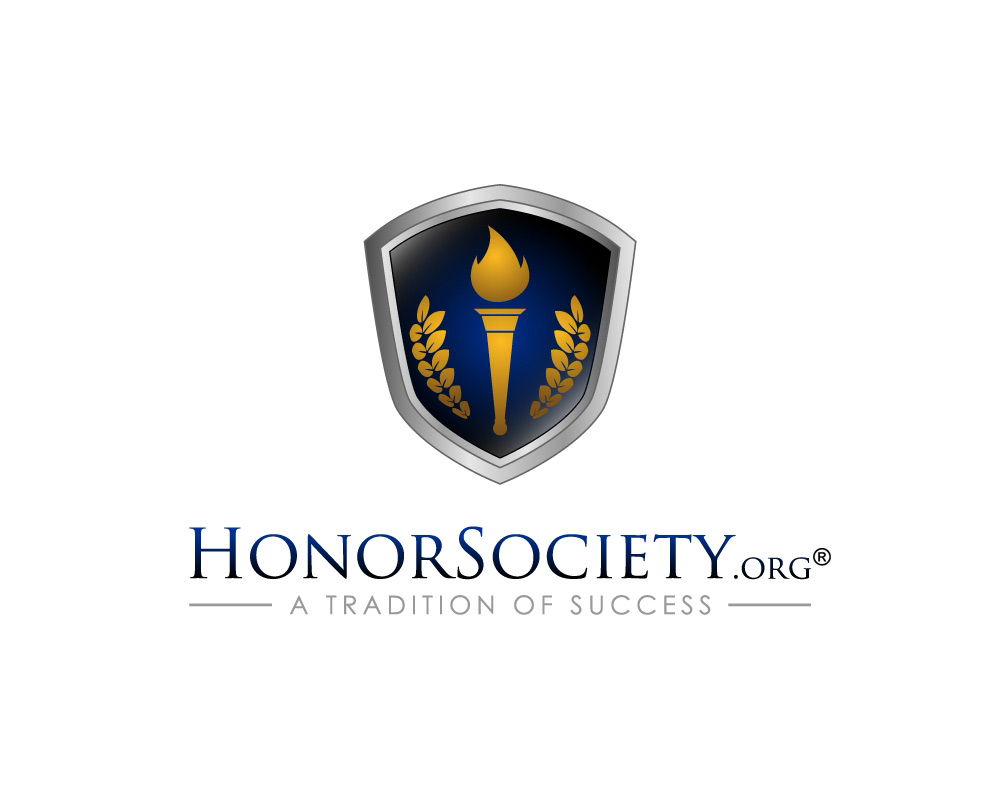Alpha Epsilon Rating, Reviews and Requirements. Is it worth it?
What is the history of Alpha Epsilon?
The society was founded at University of Missouri on May 14, 1959, and achieved its official status in 1970. Alpha Epsilon honor society has 17 active chapters across the United States, and a total membership of around 8,000.
What are the requirements to be in Alpha Epsilon?
Alpha Epsilon is the honor society for outstanding agricultural, biological and food engineers. The objectives of the honor society are to promote the high ideals of the engineering profession, to give recognition to those agricultural, biological and food engineers who manifest worthy qualities of character, scholarship and professional attainment, and to encourage and support such improvements in the agricultural, biological and food engineering profession that make it an instrument of greater service to mankind.
Memberships in Alpha Epsilon consist of three classes: honorary, active and alumni. Honorary members are selected on the basis of successful achievement in biological and agricultural engineering. Active members are chosen only from students registered in the upper portion of their engineering class, and who exhibit outstanding qualities of character, leadership, and personality. Graduate members may be chosen from outstanding graduate students in agricultural, biological and food engineering.
What are the key benefits of being a member of Alpha Epsilon?
Goal 1. Raise the prominence of the agricultural and biological engineering profession globally.
Goal 2. Advance ASABE as the leading source of expertise in agricultural, food, and biological systems engineering.
Goal 3. Position ASABE as the preferred engineering society for technical professionals in agricultural, food, and biological systems.
Goal 4. Lead development and maintenance of relevant technical standards.
Goal 5. Cultivate a diverse, thriving, and engaged membership.
Based on the information, here is our review:
Our first observation is: that this society caters to a very niche group of people, which has it’s pros and cons.
Our second observation was: that because this group is so niche, the networking opportunities may be fewer, but may be of a better caliber in the long run.
Our third observation was: that this society was formed in 1959, making it relatively new compared to other traditional honor societies.


